Kenyan Diaspora in France Outraged as MCAs Invited to Paris Olympics
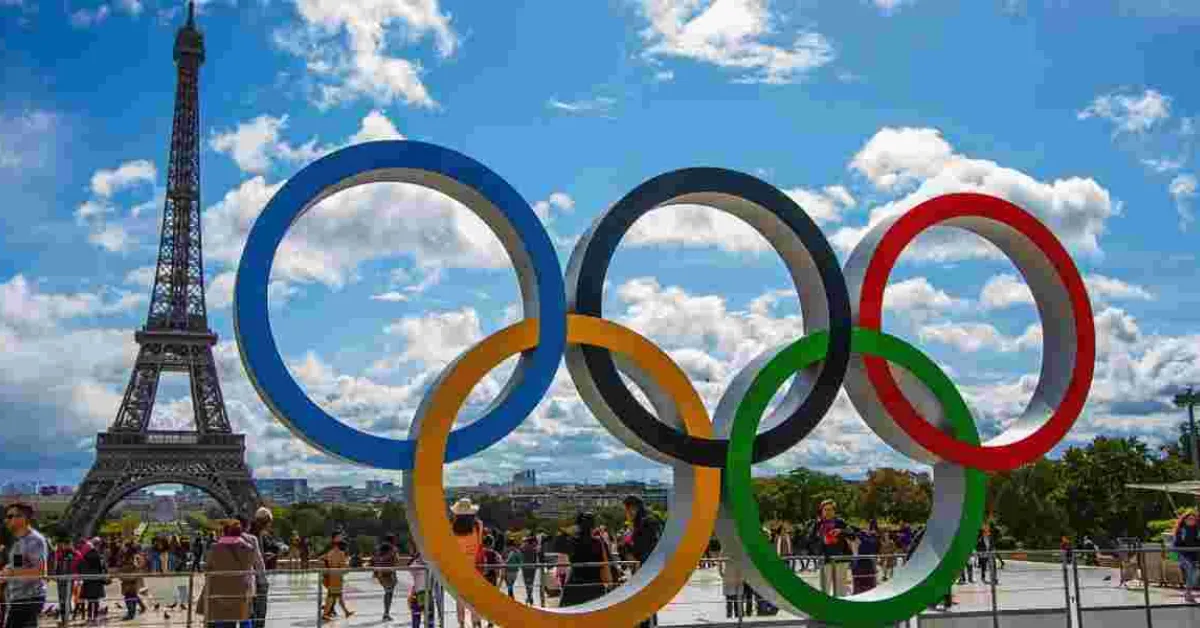
A controversy has erupted over the National Olympics Committee of Kenya's (NOCK) decision to invite 11 Members of County Assemblies (MCAs) to the Paris Olympics as part of the cheering squad.
This move has sparked outrage among Kenyans living in France, particularly younger generations, who are calling for greater transparency and a focus on athletes. The invitation is detailed in a letter dated June 20 from NOCK Secretary General Francis Mutuku and forwarded to MCAs from various counties including Uasin Gishu, Elgeyo Marakwet, Migori, Laikipia, Lamu, Machakos, Nakuru, and Garissa. While the invitation specifies that the MCAs are responsible for their own expenses, including air tickets, visas, accommodation, and venue tickets, it also mentions NOCK's support through a hospitality partner.
This lack of clarity regarding funding sources has raised questions about whether county assemblies will cover the expenses or if the MCAs will pay out of pocket. The Kenyan diaspora in France, especially Gen Z and Millennials, have reacted strongly to this news. They have threatened to "frog-march these individuals back to Kenya from Charles de Gaulle Airport," expressing their frustration not only with the MCAs' presence but also with the extravagant expenditure on Team Kenya's residence in France. The allocation of Sh50 million for renting Kenya House for just 10 days has been particularly criticized, with many arguing that these funds could have been better used to support the athletes directly.
In response to these developments, the diaspora group is demanding transparency from the Ministry of Sports. They are calling for a detailed budget breakdown and clarification on the activities planned at Kenya House. Their message emphasizes the need to prioritize athletes over what they perceive as non-essential personnel or "joyriders." They argue that given Kenya's current austerity measures, politicians should not be in Paris, suggesting instead that Kenyans already living in Europe could provide passionate support for the teams without incurring additional costs.
As of June 30, 2024, 83 Kenyan athletes have qualified for the Paris Games, set to compete in various disciplines including athletics, rugby sevens, judo, fencing, volleyball, and swimming. The diaspora group insists that these athletes should be the focus of Kenya's Olympic efforts, ensuring they receive the necessary support to excel on the global stage.

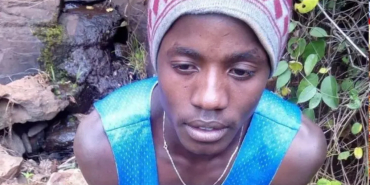
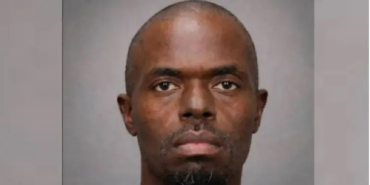
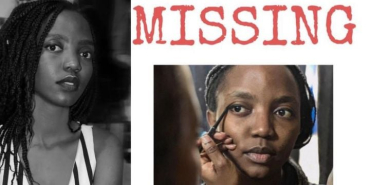
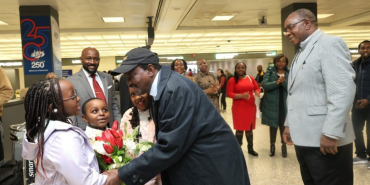
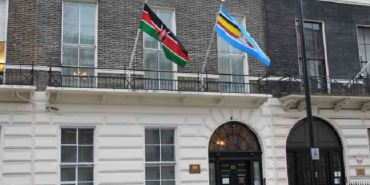
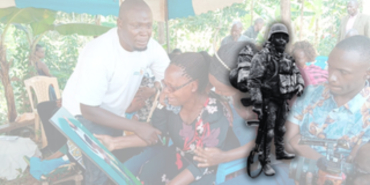
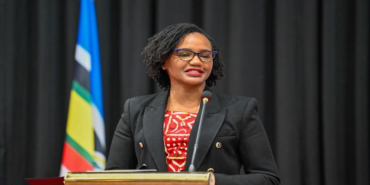

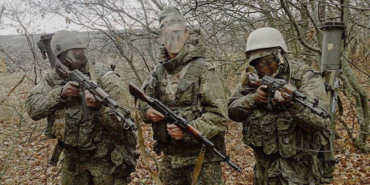




Comments
frogmarch them back to Kenya
Permalink
frogmarch them back to Kenya
In May, William Ruto, Kenya…
Permalink
In reply to frogmarch them back to Kenya by Seneca Sifuna (not verified)
In May, William Ruto, Kenya’s president, was being feted by the White House at a glittering gala dinner hosted by Joe Biden in the first state visit by an African leader to the US in 16 years. By July, Washington’s favourite dinner guest was facing a popular revolt at home. He fired his cabinet and jettisoned tax-raising legislation after nationwide protests culminated in the storming of parliament. Ruto is not the first leader whose polished international image fails to reflect his sinking domestic reputation. But he is a stark example of the difficulty of reconciling global obligations — which in Kenya’s case include servicing a ruinously high debt — with domestic political realities. Ruto swept to power in 2022 on a populist swell after appealing to the nation’s “hustlers” — those scrabbling a living through their wits and hard work. In a nation of 56mn with only 3mn formal jobs to go round, reaching out to the masses in the informal economy — the street hawkers, shoe shiners, day labourers, subsistence farmers, market women, Uber drivers and so on — was electoral dynamite. Ruto ran without the endorsement of the incumbent, Uhuru Kenyatta. But he used his mass appeal to open the doors of State House. And in many ways, his electoral revolution was commendable. He is no saint to be sure. He made a fortune alongside politics and survived an indictment by the International Criminal Court for alleged orchestration of political violence. But his appeal to an unrepresented underclass transcended ethnic rivalries that have been tirelessly exploited by Kenya’s political class. By relying on an increasingly urban and well-informed electorate, Ruto tapped into a modern idea: that of social contract between voters and a government promising to deliver services and opportunity. But, having stirred up popular sentiment, Ruto has unleashed a force he can no longer control. Protests have been leaderless and hydra-headed, with no kingpin to pay off or ethnic rivalries to foment. In normal times he might have made things work, but he inherited a sinking fiscal situation. (Before you bring out your violin, recall he was deputy president in the previous administration.) The Kenyatta government borrowed, spent and mislaid prodigious amounts of money. Much of it was wasted on extravagant projects — including a $4bn-plus half-completed Chinese-built single-gauge railway — that have increased Kenya’s debt without yielding an economic return. According to Ken Opalo, an associate professor at Washington’s Georgetown University, Kenyatta added $51bn to the $22bn debt pile he started with. Servicing those obligations swallows an unsustainable 38 per cent of revenue. In the words of one of Ruto’s advisers, Kenyatta’s government “swiped the national credit card”. Ruto has avoided a default through some clever financial footwork. But he has had to punish his own hustler support base with an IMF-endorsed programme to increase tax revenue to eventually reach 25 per cent of GDP from current levels of 15 per cent. That is not easy to do when the quality of services has been declining. There can be no taxation without electrification. Nor is it palatable when taxpayers in the formal sector are so few and extracting tax from the masses in the informal sector is so painful. Squeezing an extra $2.3bn out of a population with an average income of $2,000 is hard enough. When the motive is paying off international bondholders and creditors, it has proved impossible. One placard during recent protests — in which as many as 50 people were shot dead — read: “We ain’t IMF bitches.” Ruto’s tax-raising efforts have ignited a social movement that should be a warning to other fiscally constrained governments. Nigeria take note. Unfortunately for Ruto, the fight is more complex than one simply between poor Kenyans and ruthless international debt collectors. Most protesters blame politicians for running up debts and siphoning off some of the proceeds. Kenya’s elites enjoy flashing their wealth. “Look at the lifestyles they are constantly parading on social media,” says Patrick Gathara, a political cartoonist, adding that politicians cannot resist flaunting first-class travel, designer clothes and private helicopters on TikTok. For a populist, Ruto’s reading of the popular mood has been inept. Having failed to subdue demonstrations through violence and intimidation, he has been forced to capitulate. Now he is venting his wrath on the political class of which he is a part. Henceforth, he has promised, it will steal less and perform better. If Ruto manages to deliver on that pledge, he may yet salvage his reputation — both at home and abroad.
Gen Z salimia hao MCA's &…
Permalink
Gen Z salimia hao MCA's & Francis Mutuku. This is new Kenya. Old Kenya is gone and history.
What the heck is going on?…
Permalink
What the heck is going on? RIO deja vu ...Our athletes don't make much.You couple that with the fact that an athlete's earning period hardly goes past 10 years,then you realize the importance of an extra source of income from the government.Aren't they "our best ambassadors".
Concerned citizens demanded a list of all non athletes,or medical,and technical support but till now it has not been issued.Yes NO more joyriders on taxpayers sweat.Not again RIO 2016
I think their was not much scandal leakage from the Tokyo Olympics, because much was overshadowed by Covid 19.Eventually the truth shall come out.
Finally, let's take our retired athletes as our cheerleaders. These politicians only go there to shop,and enjoy photo ops.Some couldn't tell the difference between steeplechase from huddles.
In this case,50 mil. was badly spent.Do they ever solicit input from the athletes,or the public at large?
Kenyans in France should…
Permalink
Kenyans in France should cane those MCA-thugs.They are being paid huge allowances to represent themselves in Paris.
We never used to have MCAs…
Permalink
In reply to Kenyans in France should… by Menye (not verified)
We never used to have MCAs,and the government functioned just fine-better than today some would argue.Then some crooked officials concocted this notion of MCAs, merely to enrich themselves.They exist to drain tax payers hard earned money,get fat,and arrogant.The government is bloated.One of the demands of Gen Z ,and a host of visionary Kenyans, is to have a streamlined government-lean and efficient.And most importantly run by unselfish and uncorrupt, public servants.
While on this topic of Olympic games, I was saddened to read that Kevin Kipkorir who qualified and has been training with the Olympic team to represent Kenya is not going to fly to Paris.REASON- he did not fulfill the doping requirement of 3 out of season test requirement.He had two tests.Anyway according to him he should be going to Paris. My question is, If the guy was selected to represent the country,why wait 2 weeks to flying out of the country to tell him that he did not fulfill all the requirement?This is akin to putting the cart before the horse.It's no brainer that before one is certified to represent the country, all relevant boxes are checked. This is the kind of inefficiency we are demanding to end.And it will end when dead woods are replaced with modern thinkers and visionary leaders.
Alas! You know a lie is a…
Permalink
Alas! You know a lie is a lie when you meet one. Ate the MCAs were invited to go and cheer what? You mean the MCAs have to been invited? They could just buy two tickets, one for trade and another to get into the stadium in Paris. The fact they have to been invited is a reason they have been caught with their hands in the cookie jar. It is easy to follow the money in this case. There has to be transparency and accountability in the expenditure of the allocated money.
Kudos to the Kenyans in France or in Europe for crying out loud. We all know the tricks that these people in govt or bodies that have an ounce of governing what they do when they go to these functions. They contact their relatives or friends ,in this case , Paris. They ask them to sought them with a place to stay. So they get a free accommodation, free food and free transportation. They pocket the money they were allocated or stolen and go home laughing all the way to the bank. Like someone said, some cannot differentiate between hurdles ya steeplechase the 400 M but it remains; they were invited to and cheer otherwise the athletes would not perform well without that important moral support!
Add new comment